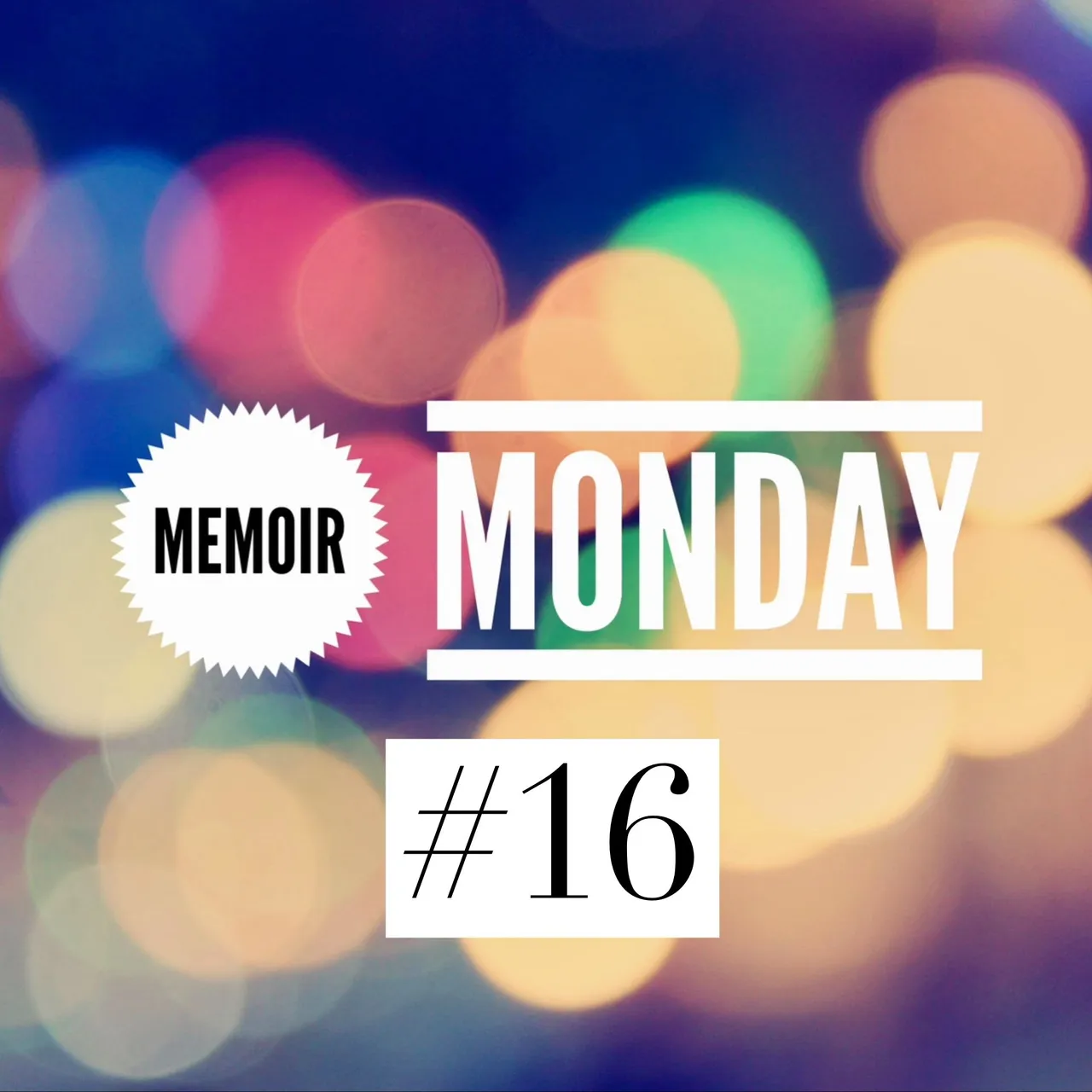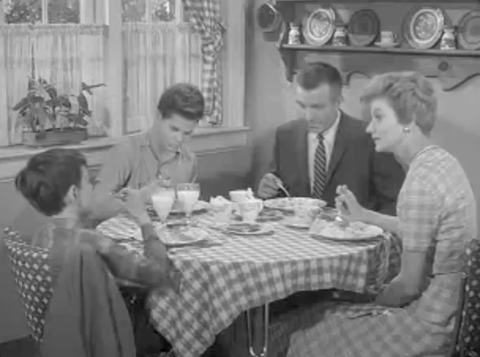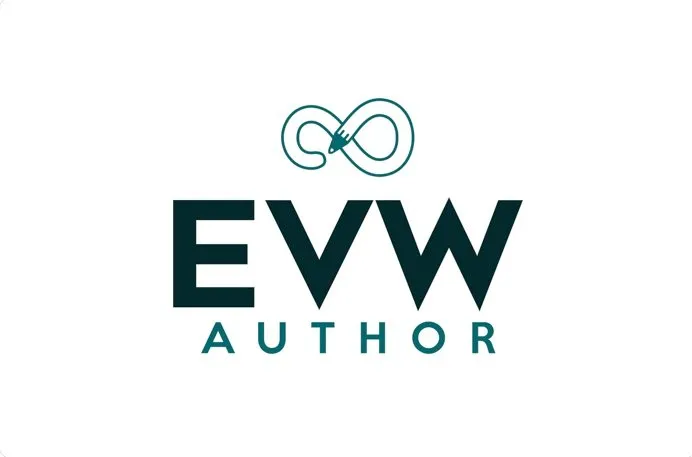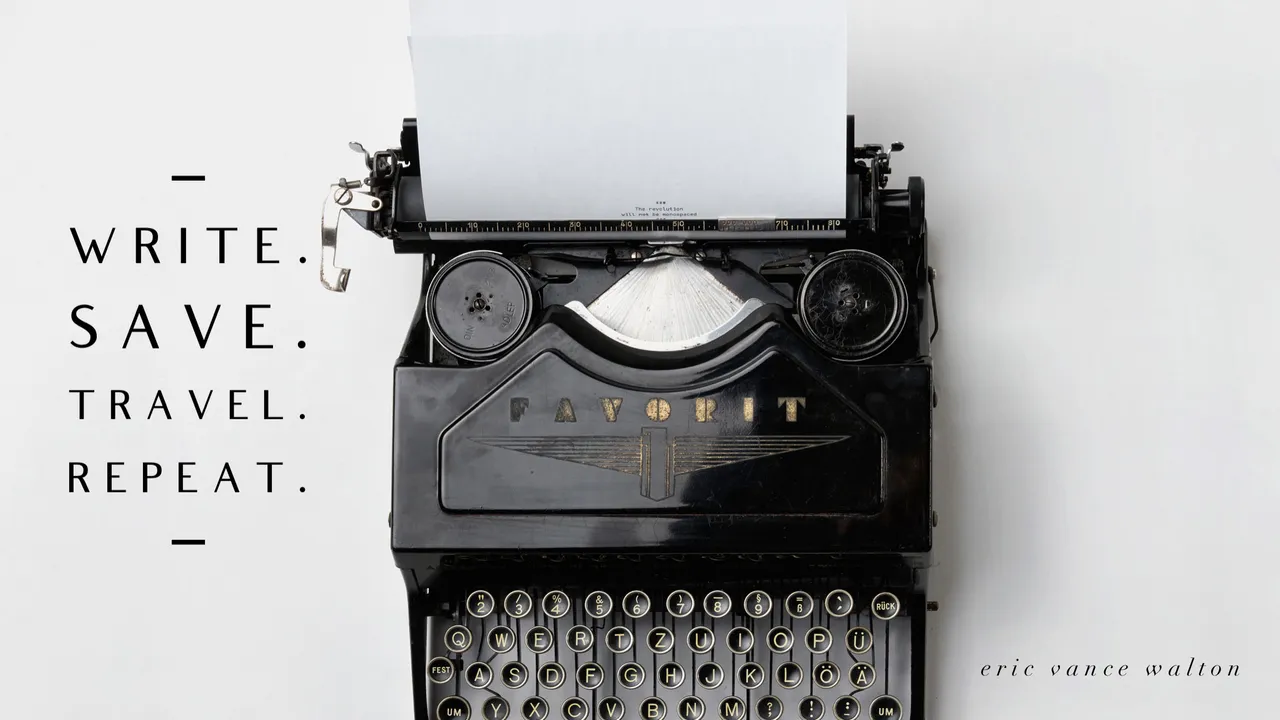
Memoir
/ˈmemˌwär/ noun. a record of events written by a person having intimate knowledge of them and based on personal observation. Usually memoirs. an account of one's personal life and experiences; autobiography. the published record of the proceedings of a group or organization, as of a learned society.
Week 16 is on our doorstep. Next week’s Memoir Monday post was a particularly tough one for me. This question forced me to delve into some uncomfortable truths and deeply held personal beliefs. Working on this prompt stoked a lot of emotions, fear, frustration, and anger being among them.
Memoir Monday has grown so much that I won’t be able to comment on everyone’s posts anymore (and get my own work done) but I’ll still be supporting your posts with reblogs, votes, and shares on my other social media accounts (X, Facebook, etc.).
For all of those who’ve regularly participated in Memoir Monday - keep going, you’re making great progress in chronicling your very own life story for future generations to enjoy.
For those who missed the inaugural post explaining what the Memoir Monday initiative is all about you can find it here.
Now for next week’s Memoir Monday prompt:
How has your country changed during your lifetime?
My answer:
America – How It’s Changed During My Lifetime.
When I was born in the early 1970’s I don’t ever remember there being such a deep divide between people of differing beliefs as there is now. In the past, despite our differences we understood we were Americans first and foremost and recognized we all shared this common ground. People understood this commonality was worth preserving at any cost.
Today, those fellow Americans who disagree with us are seen as the enemy. The divide between the rich and the poor, Republicans and Democrats, and actions of our government and the will of the people who they’re supposed to be working for differ greatly.
I grew up on the lower end of the middle class and almost everyone we knew found themselves somewhere in that same economic spectrum. Although most families we grew up with had all of their basic necessities met, there was never much money left over for luxuries like color televisions, big vacations, or expensive clothes. We only knew a small handful of people who could afford to fly, vacations usually consisted of camping or a road trip. I never remember feeling like we were missing out on anything, on the contrary, we were generally happy with what we had and grateful for it.
Thinking back on my elementary school days at Fairmoor Elementary in Columbus Ohio, the country was still, ideologically, much as it was in the 1950’s.

Patriotism was widespread, a lot of people genuinely believed in and were proud of America. It was a commonly held belief that if you worked very hard in this country you could accomplish anything in America and many people did just that. It didn't feel like the deck was stacked against you but, rather, systems were in place to help you succeed.
As a small child I still remember standing in front of the flag with our right hand over our hearts and reciting the Pledge of Allegiance each morning. Much of that post-WWII patriotism, pride, and optimism were still very much alive and well. The future seemed bright, there was never any doubt or question. We still had our problems and things weren't perfect by any means.
“America will never be destroyed from the outside. If we falter and lose our freedoms, it will be because we destroyed ourselves.” ― Abraham Lincoln
Adults weren’t seen as peers by children back then. It was still common to get paddled by the principal or your parents if you misbehaved. Rumors among the kids ran rampant about how our principal, Ms. Nettie McAllister, had holes drilled in her paddle (she called it the board of education) so she could get more velocity in her down swing. Some classmates said she would even lift kids off of the ground when she paddled them which was probably totally a myth, at least I hope it was. Adults and children shared a completely different dynamic back then, it was more of a clearly defined hierarchy. Authority figures and any adult were expected to be given a certain amount of respect from children.
There was a greater sense of community in America fifty years ago. Life was lived more slowly and priority was placed on socializing. Neighbors knew each other, had more trust in one another, they would borrow things from neighbors and regularly drop in for a chat over coffee. People weren’t as likely to be categorized in silos or shunned based on their political, social, and religious beliefs as they are today. The rules of etiquette that most people followed dictated that it wasn't appropriate to share your deeply held beliefs with others, especially people they didn’t know well. Conversations with strangers or casual acquaintances were generally kept more on the lighter side and what was considered volatile or taboo subjects were usually avoided.
During my childhood I think the general public was also much more naive in some aspects. Although people were beginning to wake up to some uncomfortable social and political truths about our country in the late sixties, that mindset hadn’t yet permeated as deeply into the strata of our culture as it has today. Most citizens had a certain base level of trust that their government was working on their behalf for the greater good and believed a majority of what the media, politicians, and people in positions of authority said.
Anyone who’s a student of history can tell you that corruption was just as common back then, although it wasn't as effective as it is today. Our general infrastructure was still in good shape and hadn’t yet deteriorated to the sad state it is in now. It felt like our taxes were being used to keep our country running smoothly rather than the tax revenue disappearing with nothing much to show for it.
Today, in many ways, it feels likely that America’s best days are behind it. I’ve done a fair amount of traveling overseas and in comparison to other parts of the world the US today seems stagnant in terms of culture and infrastructure, culturally divided, generally in decline, and inexorably corrupt.
I think a certain amount of this perception is false, clouded from the divisiveness and negativity continuously spewed by the media. Not all of it is a false perception though. No one who is paying attention can deny there is now a general distrust of politicians due to the unparalleled corruption. I have to think pretty far back to remember an election where I was truly excited and energized by a front running candidate and not just feeling as though I’m voting for the candidate who would do the least amount of damage. The candidates I’m excited about usually have so many roadblocks to overcome that it would take a miracle for them to get elected. To be fair, this is the case in many countries throughout the world right now. Corporatocracy is a global phenomena and knows no borders so the U.S. definitely isn’t alone in this respect.
The accomplishments of American innovators, like Elon Musk, should be celebrated as a source of national pride but are often demonized by the corporate-controlled media and government. Why would they do this? Because their ideas threaten to upset the status quo, meaning they threaten the profit margins of the entities that are part of the established ecosystem of the global corporatocracy. Today around half of the American public regularly believe corporate funded misinformation campaigns as the truth (such as the anti-EV smear campaigns that have been funded by the Koch brothers and other oil industry insiders for almost a decade). Because of these many challenges and the massive societal friction they cause, cutting edge innovation is fleeing to other parts of the world that are more welcoming and easier to do business in.
Paradigm-shifting ideas like blockchain, cryptocurrency, and renewable energy are also thwarted and punished by federal agencies who regulate them because these new ideas threaten to disrupt companies and industries that are part of the established corporatocracy.
We simply can't change America's course without more of us waking up to some harsh realities and curing ourselves of the mind viruses that years of misinformation have infected them with.
It pains me to feel this way about the country I was born in but I’m no longer afraid or ashamed to say it out loud. We don't have time to be afraid. As an American I feel it's our duty to voice our disgust. Nothing will change unless more people find the strength to be honest with themselves. The American experiment is an incredibly ingenious idea that has been completely derailed by mistrust, corporate greed, and corruption that have infiltrated every layer of our government. If something isn't done quickly I fear it'll be too late.
I haven’t completely lost hope the American public will take an honest look in the mirror, wake up, stop being so gullible, and demand substantive change from our elected officials. Maybe we can transform America into a place we can all be proud of again, a place where younger generations can feel like they have a chance to prosper, can be hopeful about their futures, and raising a family is possible.
As of today, I don’t know too many of us who feel good about the current condition of our country. The truth is we’re all too complacent, busy blaming and hating each other, distracted by our phones, believing whatever the media tells us, or just plain too busy trying to survive to do what it takes to start taking the steps needed to change things better.
Ever the optimist, I still think there’s time to preserve the wishes and ideals of those who created this country and the countless people who’ve sacrificed for it. Time is of the essence for not just Americans but for citizens of many other countries around the world. Solving this conundrum is on us. With each year that passes there will be fewer and fewer of us who remember the eternal hope of the America that used to be.
Rules of Engagement
- Please reblog this first post and share on other social platforms so we cast the widest net possible for this initiative;
- Pictures paint a thousand words. Include pictures in your posts if you have them;
- Answer each Memoir Monday prompt question in your own post. If possible, the prompt question will be published in the week prior so you'll have the entire week to answer and publish your own post;
- Have fun with it, don't worry about getting behind, or jumping into the project at any point after we've begun; and
- Lastly, be sure to include the tag #memoirmonday.
It's that simple.
At the end of the next twelve months we'll have created something immensely valuable together. It's so important to know our "whys" in life and there's no better way to do that than this.
Someday all that will be left of our existence are memories of us, our deeds, and words. It's up to you to leave as rich of a heritage as possible for future generations to learn from. So, go ahead, tell your stories. I can't wait to read them.
Be well and make the most of this day. I want to sincerely thank all of the participants thus far. I've really enjoyed reading your posts!
Growing weary of the ads and divisiveness on mainstream social media? If so, why not try Hive? Click on this link to sign-up and join our growing global community.
Let’s Keep In Touch

